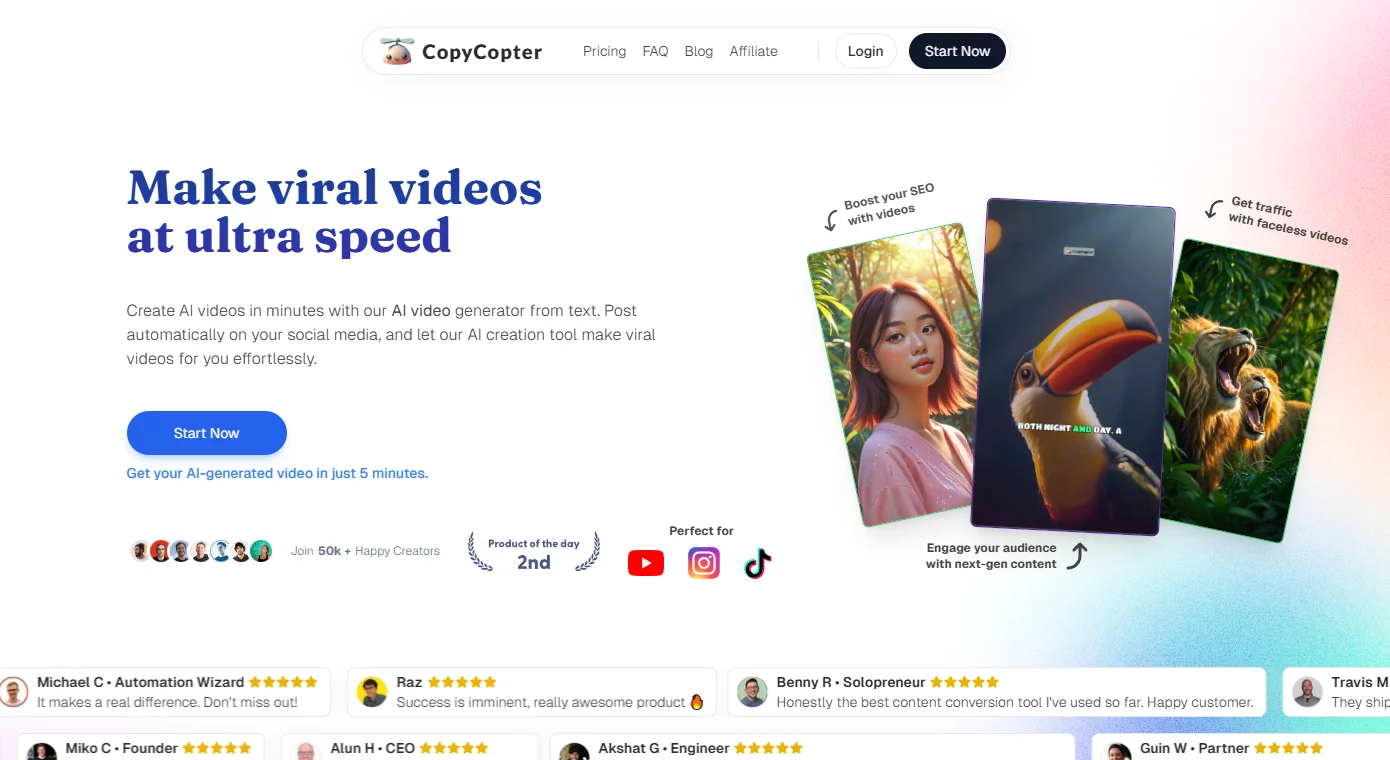Google has made a series of significant advancements in the field of artificial intelligence (AI) by expanding its Gemma 2 series and introducing a powerful small-scale model, along with a new toolkit aimed at enhancing security and transparency.
The highlight of this release is undoubtedly Gemma 2 2B, a model with only 2 billion parameters but far surpassing similar small-scale AI models in performance, demonstrating extraordinary capabilities. Despite its lightweight size, Gemma 2 2B achieved remarkable results in the dialogue task evaluation of the LMSYS Chatbot Arena, outperforming numerous large-scale models including Mixtral, GPT-3.5, and Llama 2 70B.
Notably, Gemma 2 2B exhibits high efficiency and can easily adapt to various hardware environments, from edge devices and laptops to cloud deployments. Google has also optimized this model specifically for NVIDIA's TensorRT-LLM library, ensuring smooth operation in a wide range of scenarios, from large data centers to personal computers.
Gemma 2 2B's compatibility is also a delight for developers. It seamlessly integrates with popular frameworks such as Keras, JAX, and Hugging Face, and can even be used in the free tier of Google Colab, greatly reducing the threshold for developers to access and apply cutting-edge AI technologies.
However, Google does not stop at technological breakthroughs but also takes solid steps towards promoting responsible AI development. Based on Gemma 2, they have launched the ShieldGemma security classifier suite, which aims to detect and filter out harmful content in model inputs and outputs, such as hate speech, harassment, and explicit content, thereby building a security barrier for AI applications.
ShieldGemma offers multiple versions to meet the needs of different scenarios. The 2B version focuses on real-time classification to ensure quick response, while the larger 9B and 27B versions provide higher classification accuracy for tasks with less time constraints.
In addition, Google has also introduced the Gemma Scope toolkit, aiming to break the "black box" dilemma of AI. This toolkit includes over 400 sparse autoencoders, providing researchers with a window to delve into the internal workings of Gemma 2, with the potential to drive the construction of more interpretable and responsible AI systems.
Starting today, developers and researchers can access these new tools, easily obtain model weights through platforms like Hugging Face, and embark on a new chapter of AI innovation and application.








